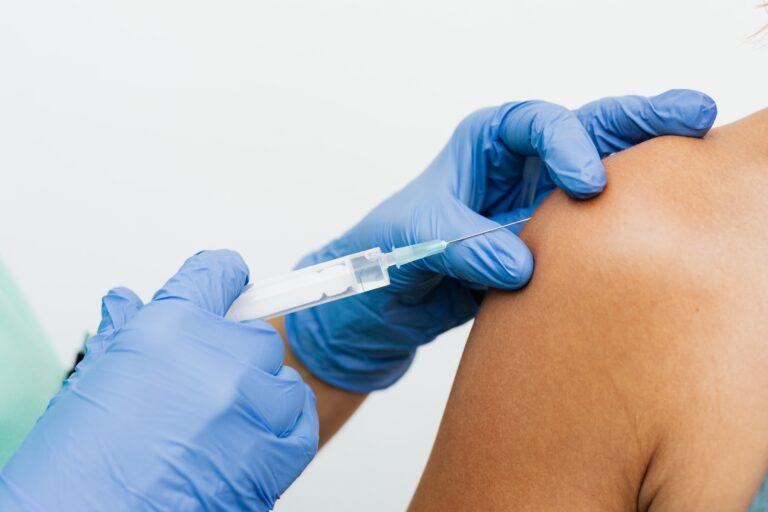Dehydration prevention with adequate water in diet

Drinking enough water prevents dehydration and other health problems that result from the condition. According to the Ministry of Health and Wellness (MOHW), “Dehydration means your body does not have as much water and fluid as it should.” The ministry also outlines the signs of dehydration dry lips, mouth and skin, headaches, dark coloured urine, mental confusion, and dizziness. Also, the Centres for Disease Control and Prevention (CDC) notes that lack of adequate water in the body may also lead to kidney stones and constipation.
Roy Dawes (not his real name) is a construction worker, who spends most of his days doing outdoor work and has been dehydrated many times. “More time you just a work so and forget about drinking anything until lunch time or in the late evening, so mi realize mi start develop constipation,” Dawes said. “Mi start to drink more water while mi a work and I feel the changes in mi body now,” he added.
People can also be dehydrated when they exercise. The MOHW notes that water during exercise, “maintains adequate fluid in the body, keeps the body cool, prevents muscle fatigue and aids in quicker recovery after workout.”

According to the CDC, the daily fluid intake or total water is the amount of water consumed from foods, plain drinking water, and other beverages. This varies across age, sex, and pregnancy. But young children and babies are at a greater risk of dehydration than adults, the CDC notes that signs of dehydration for them include, “Diahorrea or vomiting in infants two months or younger, babies are less active or more irritable than normal and fewer tears when crying or not making tears.” A visit to the doctor is recommended when these symptoms are seen in babies or infants.
But, drinking water is very important because of the various advantages for a healthy body. The CDC notes that some benefits of water include keeping the body at a normal temperature (37 degrees Celsius), lubricating and cushioning joints, protecting the spinal chord and other sensitive tissues and getting rid of bodily wastes through sweating, urination, and bowel movements.
Other healthy beverages recommended by the CDC for a healthy diet include, “low fat or fat-free milk, 100 per cent fruit or vegetable juice contain important nutrients such as calcium, potassium, or vitamin D,” which should be consumed with plenty water in the diet.






